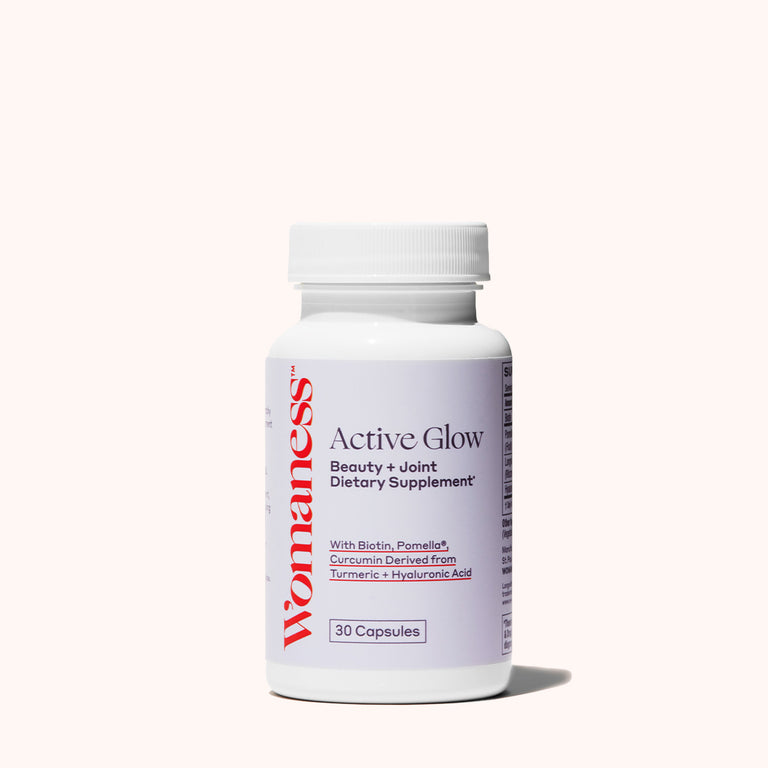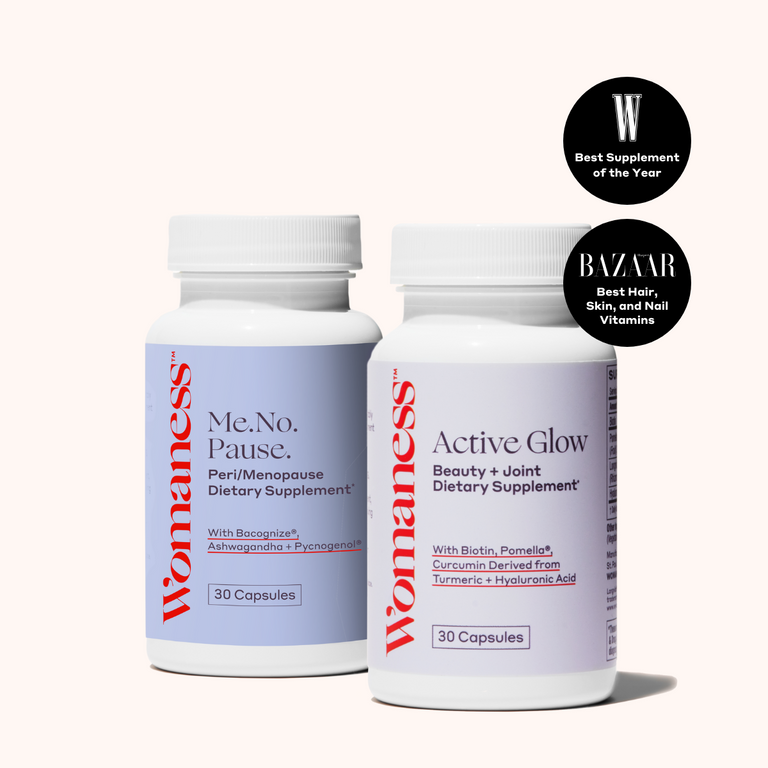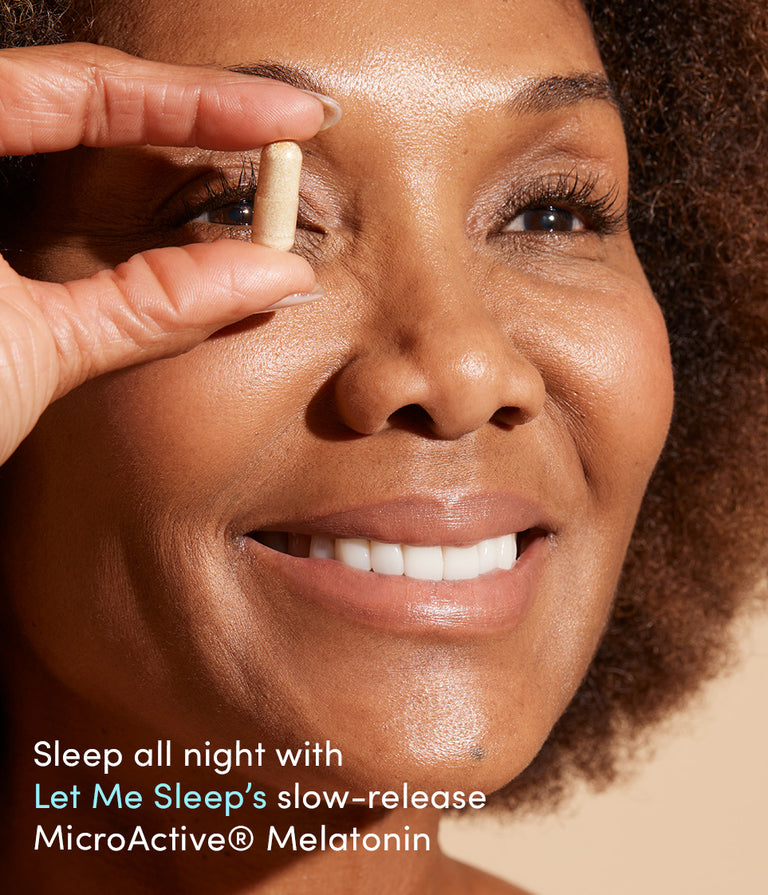By Womaness Editors 1-Minute Read

Welcome to ASK AN EXPERT, a series where we pose your real questions to our menopause experts for the intel you need. Need an answer? Post your question on The After Party, our private Facebook Group.
Your Question:
“Are there other health benefits to intermittent fasting, other than weight loss? And how many hours should I be fasting?”
The Answer:
From Dr. Lyndsey Harper, Board-Certified OB/GYN & founder/CEO of Rosy:
"There is pretty good data that intermittent fasting decreases insulin resistance. So for people who have an issue with that…the longer we go without spiking our blood sugar—not to an extreme by any means—if you can give your body a break from eating, it can increase our sensitivity to insulin.
As for the number of hours, it's always recommended that you start very gradually, and that you're not doing something like a 30-hour or 48-hour fast...that’s not what we're talking about."
FAQs
1. What is intermittent fasting?
Intermittent fasting is an eating pattern that cycles between periods of eating and fasting. Unlike dieting, which focuses on what you eat, intermittent fasting focuses on when you should eat.
2. Are there health benefits to intermittent fasting besides weight loss?
Yes, there are several health benefits associated with intermittent fasting. According to Dr. Lyndsey Harper, a Board-Certified OB/GYN and founder/CEO of Rosy, intermittent fasting can decrease insulin resistance. This means that if you can give your body a break from eating and prevent frequent spikes in blood sugar, it can improve your body's sensitivity to insulin.
3. How does intermittent fasting relate to menopause?
Many women consider intermittent fasting during menopause to manage weight gain and other metabolic changes that can occur during this period. Some research suggests that intermittent fasting may help with hormonal balance and other symptoms experienced during menopause, but it's essential to consult with a healthcare professional to understand if it's right for you.
4. How many hours should I be fasting for intermittent fasting to be effective?
Dr. Lyndsey Harper advises starting gradually with intermittent fasting. It's not recommended to jump into long fasting periods like 30 or 48 hours immediately. The most common forms of intermittent fasting include the 16/8 method (fast for 16 hours and eat during an 8-hour window) or the 5:2 method (eat normally for five days and restrict calories to 500-600 for two days). However, the best approach varies from person to person, and you should choose a method that fits your lifestyle and health needs.
5. Are there any risks associated with intermittent fasting during menopause?
While many individuals find benefits in intermittent fasting, it's essential to be aware that fasting might not be suitable for everyone. During menopause, women undergo significant hormonal shifts, and fasting might exacerbate certain symptoms or conditions. Always consult with a healthcare professional before beginning any fasting regimen, especially during menopause.
6. How can I start with intermittent fasting?
If you're considering intermittent fasting, start by:
- Educating yourself about the different methods of intermittent fasting.
- Consulting with a healthcare professional to ensure it's safe for you.
- Beginning gradually, perhaps by pushing breakfast later or having an earlier dinner.
- Listening to your body and adjusting your fasting window as needed.
7. What should I eat during my eating window?
While intermittent fasting focuses on when you eat, it's still essential to prioritize nutritious foods during your eating window. A balanced diet includes lean proteins, whole grains, healthy fats, and plenty of fruits and vegetables. Avoiding excessive sugar and processed foods will also help maximize the benefits of intermittent fasting.
8. Can I drink liquids during the fasting period?
Yes, you can and should drink water during the fasting period. Herbal teas and black coffee without added sugar or creamer are also commonly allowed. However, avoid sugary drinks or any beverages with calories, as they might break your fast.
Note: Always consult with a healthcare professional before making significant changes to your diet or eating habits, especially during transitional periods like menopause.
Get More Answers
Ask a Doctor: "What the heck is perimenopause?"
Ask a Doctor: "I haven't had kids. Does this affect when I go into menopause?"
Ask a Doctor: "What's with migraines in perimenopause?"






